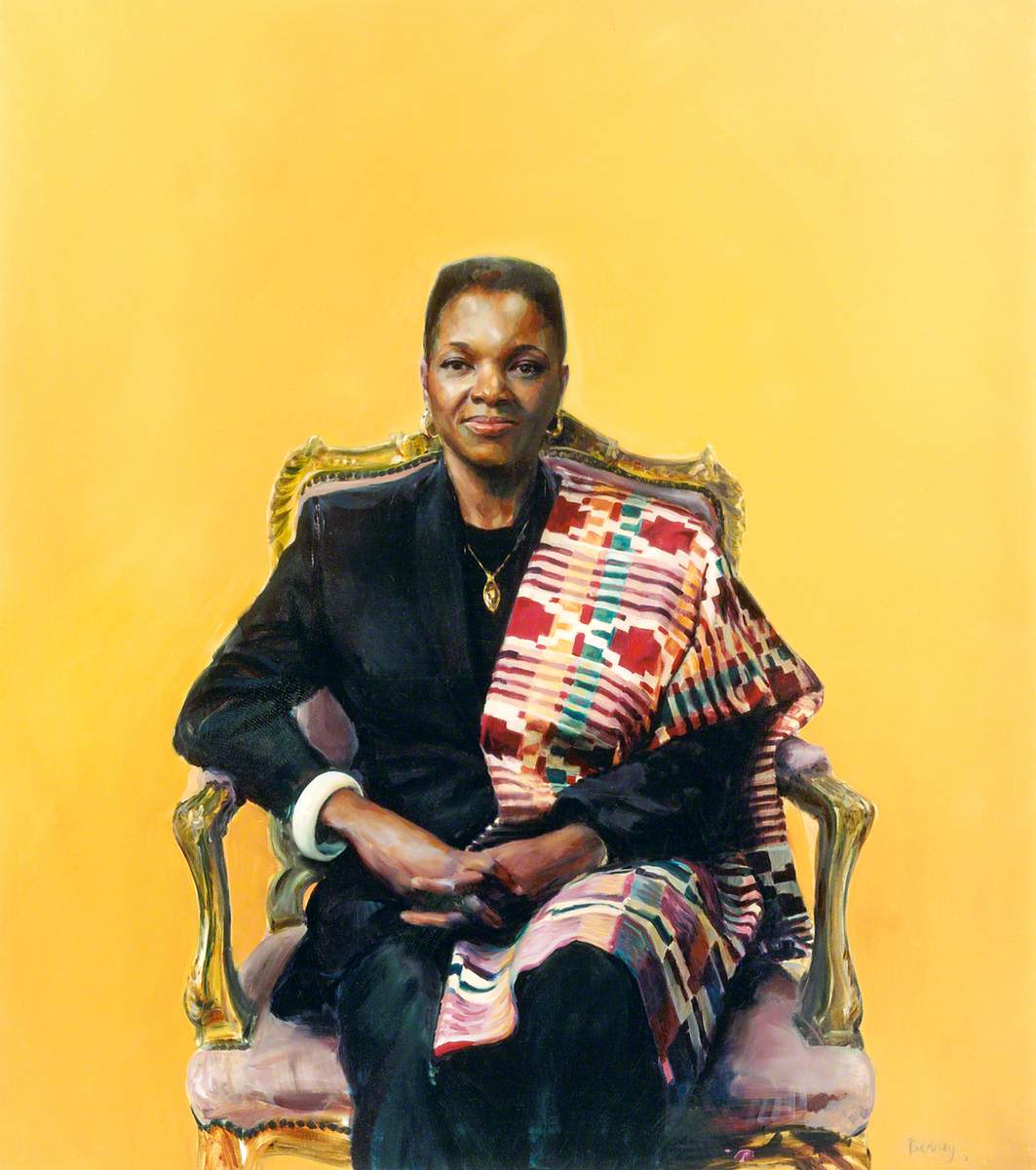
Introduction
Tony Blair, the former Prime Minister of the United Kingdom, held office from 1997 to 2007 and remains a significant figure in both British politics and international affairs. His tenure is marked by economic stability, social reforms, and controversial foreign decisions, particularly the Iraq War. Understanding Blair’s impact and relevance today offers insights into the evolving landscape of British and global politics.
Key Achievements
During his time in office, Blair’s Labour government was credited with numerous achievements. One significant aspect was the introduction of the minimum wage and increased public spending on education and healthcare. His administration aimed to reduce inequality and foster growth within the country, resulting in a period of economic prosperity often referred to as ‘New Labour’.
Controversies and Challenges
However, Blair’s legacy is not without contention. The most significant controversy surrounding his administration was the decision to invade Iraq in 2003, based on claims of weapons of mass destruction. This decision faced widespread backlash and has had lasting implications, both for the region and for Blair’s reputation. The Chilcot Inquiry, published in 2016, further examined the justifications for the war and the subsequent fallout, solidifying the controversy that continues to shadow his time in power.
Current Influence and Activities
Since leaving office, Tony Blair has remained active in public life. He founded the Tony Blair Institute for Global Change in 2016, focusing on various issues, including governance, peace, and international relations. Recently, he has been vocal on matters such as Brexit and the ongoing challenges within the Labour Party, where he has urged a return to a more centrist approach to politics.
Conclusions
As a polarising figure, Tony Blair’s influence is felt across the political spectrum. His accomplishments and controversies provide rich ground for debate and analysis. In an increasingly complex political climate, understanding Blair’s legacy may be crucial for comprehending current discussions around leadership, governance, and international relations. His experience serves as a reminder of the complexities in making decisions that impact not only the UK but the global community.
You may also like

Boris Johnson: A Look at His Current Political Landscape

Recent Developments Involving Jacob Rees-Mogg
